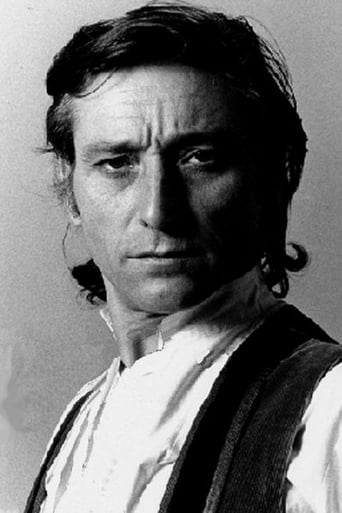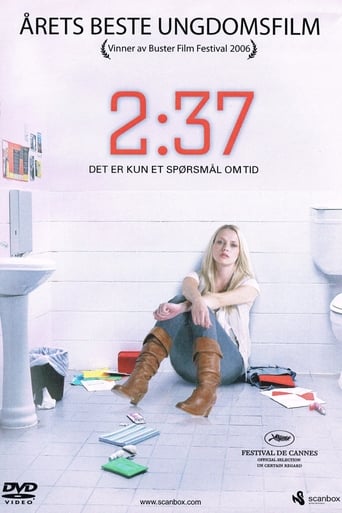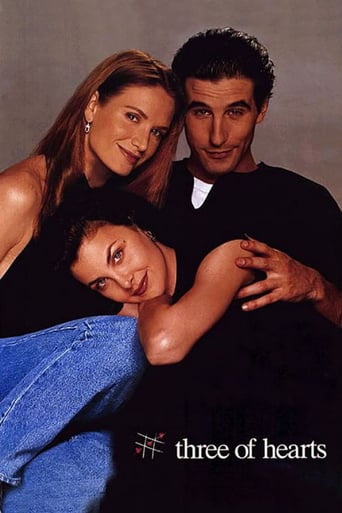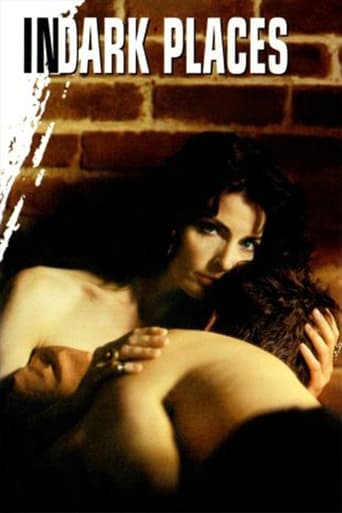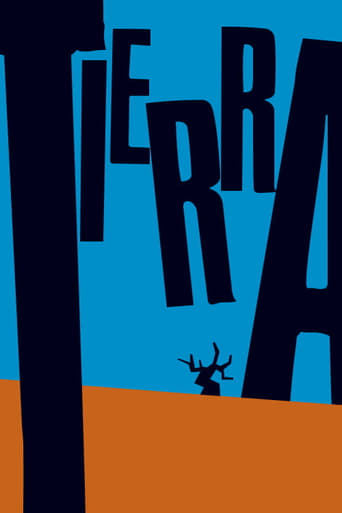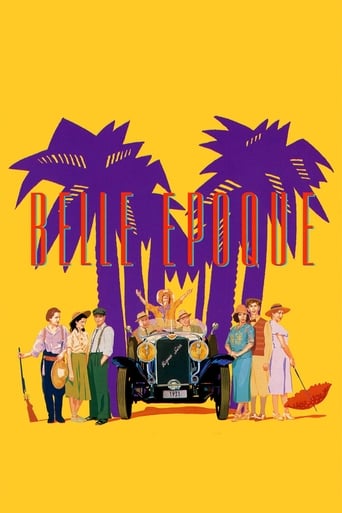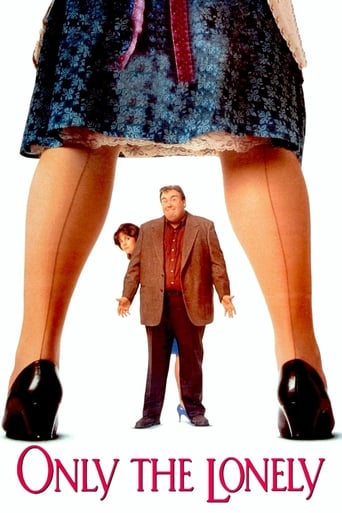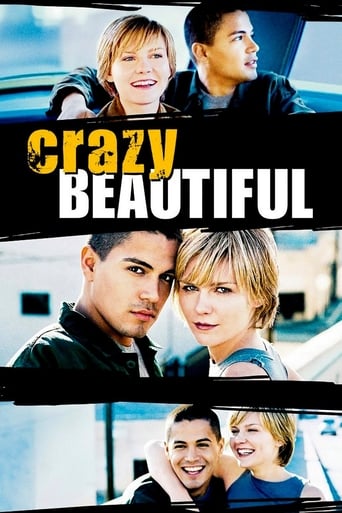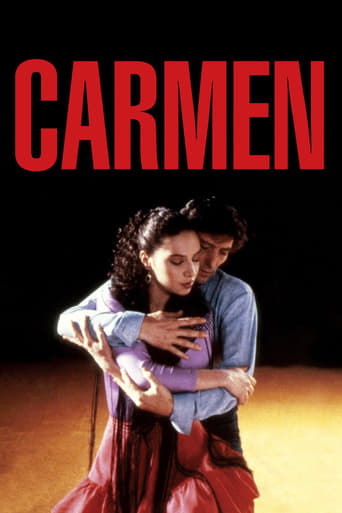
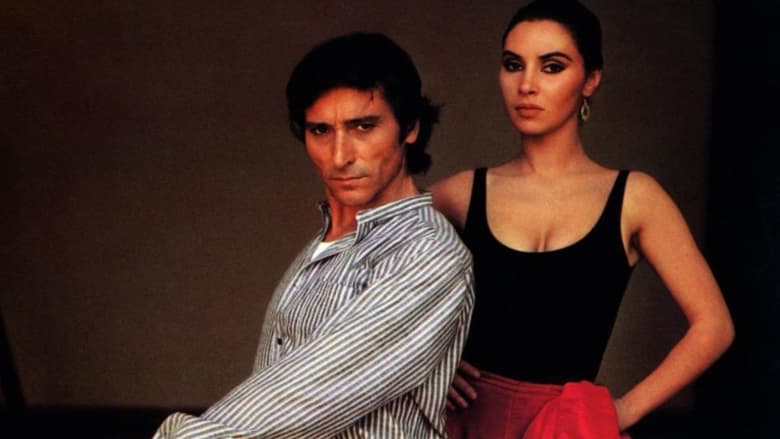
Carmen (1983)
While rehearsing a flamenco ballet adaptation of Bizet's opera “Carmen”, Antonio, the choreographer, falls in love with the main dancer, Carmen, a fiercely independent woman. Antonio is slowly consumed by jealousy and possessiveness towards Carmen, just like Don José in the original opera, blurring the lines between fiction and reality.
Watch Trailer
Cast
Similar titles
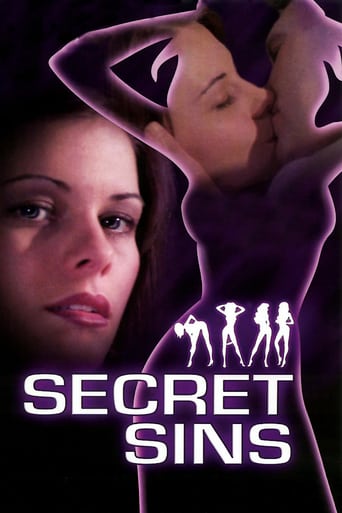
Reviews
best movie i've ever seen.
It's the kind of movie you'll want to see a second time with someone who hasn't seen it yet, to remember what it was like to watch it for the first time.
The film may be flawed, but its message is not.
This is one of the best movies I’ve seen in a very long time. You have to go and see this on the big screen.
I'm not a fan of opera, I prefer a mobile eye, a shifting stage of appearances. So I expect those more versed than me to be able to mine this for more interesting insights in the story.I'm drawn here by two things primarily, looking for how they intersect. One is the dance, here wonderful flamenco. There's something silly when men dance it, but the women were a profound joy. There's none of the mannered formalism that you find in the European ballroom, here it's all stirred from explosive blood, urges push through and swirl on the dancing bodies. So this captivates purely for the expressive dance.The other is self-referential illumination on precisely this reality of the urges beneath the act. Dance isn't just bodies moving, though that's what we come to see. There's always something antecedent to it that animates the desire, in the original gypsy world of flamenco I suppose this was marginalization, poverty, lawlessness, it comes down to an anger, passion or pride that can't be reasoned and is let out in abstract shape. Here we have a flamenco staging about a flamenco staging of Carmen become animated by the same tumultuous passions in the opera. The inner Carmen story blurs in the outer Carmen which is about staging Carmen with a real passion, thus enlarging the stage to encompass the life that gives shape to it. So when Carmen and her rival in the troupe dance out their rivalry, or Carmen and her instructor dance out the seduction, we have a richer, more dangerous life than the opera or dance could afford.Saura had made another exercise prior to this and what looks like a few more, mixing dance with a story about the urges. It's smarter to notice than powerful to watch, because it's sparse and feels like a sketch. We see him perfect the co-mingling of story while figuring out the space.It all comes together with superb clarity in his Tango film.
The amazing grace and power of flamenco has never been on more vigorous display than in Carlos Saura Carmen, the second of the Spanish director's flamenco trilogy that includes: Blood Wedding (1981), Carmen (1983), and El Amor Brujo (1986). Although the epitaph for movie musicals has now been written, there was never one more alive than this soaring dance interpretation of Bizet's opera based on the novella by Prosper Merimee. Winner of the BAFTA award for Best Foreign-language film and nominated for an Oscar in the same category, in Carmen, Saura attempts to expand the limited vision of the French opera into a deeper and more artistic example of Spain's national identity. Supported by performances by Spain's great guitarist Paco de Lucia and familiar songs by Bizet such as Toreador's March, La Habanera, and the lovely Intermezzo, the film bursts with energy and sensuality.Shot in Gades' dance studio in Madrid, the film is marked by riveting performances by Antonio Gades, former director of the National Ballet of Spain, Cristina Hoyos, an acclaimed flamenco dancer, and singer and dancer Laura del Sol in her first leading role. Carmen opens with the director of the dance company (Gades) rehearsing for a dance production of the opera. He is searching among his students for a young dancer to play the lead role but has not found one that suits his ideal. According to Gades, he wants a girl with "a wild and strange beauty, her lips full and well shaped, opening onto small teeth, whiter than the whitest pearls, her long, black, shiny hair with blue glints similar to a raven's feathers, and eyes with a voluptuous but surly expression." It is only when the director/choreographer travels to a similar studio in Seville that he finds his Carmen, played by the dark-haired del Sol. The film then moves seamlessly between the rehearsals of the company for its new production and the lives of the dancers, reflecting the story of the opera in an almost surreal way that blurs the distinction between illusion and reality. The teacher becomes personally involved with his student but finds that she is elusive, self-absorbed, and proud of her independence. When he discovers, however, that she is married and her husband has just been released from prison after serving a sentence on a drug-related charge, his possessiveness turns into a destructive jealousy that ends the film on a melodramatic tone.Some of the most memorable scenes in Carmen include Gades dancing the Ferucca in his own home as his lover sees him through his window, then, once inside, watches while he performs a full routine. Another remarkable sequence is the dance between Gades and Christina that depicts the male-female relationship with elegance and grace. Though the performance by del Sol captures Carmen's fiercely independent streak, for me she seems a bit too wholesome to be fully convincing as a jezebel, leaving the tragic resolution of the story feeling unmotivated. Whether or not you find the drama convincing, however, ultimately the film is not about the story but about the passion and breathtaking art of the dance. Carmen is a powerful experience that can evoke in the viewer an unexpected feeling of wonder
This is an amazing film, both for the incredibly energy evoked from the frenetic flamenco dancing, and from the unique way that the filmmakers interweave the story of the stage production with the lives of the characters preparing for it. Spellbinding is the only word I can use to describe the experience. This is not 'Bizet's Carmen' by any usual standard. This is not a usual film by any standard. Every nuanced glance, every stomp of the foot, every piece of the music is intertwined so captivatingly that you can't take your eyes off the screen. You don't need to love opera or flamenco(I don't)to be captured, enraptured, enthralled by this film. Subtle and direct; loud and still; One of, if not the best, movies of it's kind, because there are so few like it.
Carlos Saura's Carmen is one of the finest achievements in world, let alone Spanish, cinema. It manages to excite interest in flamenco in its wonderful staged adaptations from Bizet with powerful physical force. At the same time we see the impact of the creation and rehearsal of a new interpretation of Carmen on the choreographer/director and the principle dancers. The fine line between life and art is dazzling.
